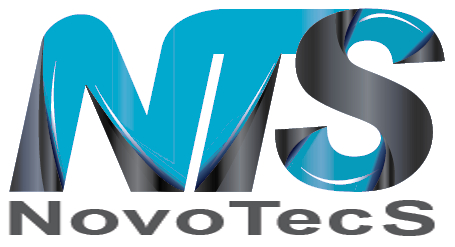Overview
A Point of Sale (POS) system is a combination of hardware and software that enables businesses to conduct sales transactions, track inventory, manage customer data, and perform various other business operations at the point where the sale is made. POS systems are commonly used in retail stores, restaurants, and other service-oriented businesses.
1. Retail POS Systems
- Designed specifically for retail environments, these systems handle a high volume of transactions and complex inventory management needs.
- Examples: Clothing stores, electronics shops, supermarkets.
2. Restaurant POS Systems
- Tailored for food service operations, these systems include features such as table management, split billing, and kitchen order management.
- Examples: Restaurants, cafes, bars.
3. Mobile POS Systems
- Portable POS systems that run on mobile devices such as tablets or smartphones, suitable for businesses requiring mobility.
- Examples: Food trucks, pop-up shops, events.
4. Cloud-Based POS Systems
- Hosted on remote servers and accessible over the internet, these systems offer flexibility and scalability for businesses of all sizes.
- Examples: Online retailers, multi-location businesses.
1. Hardware
- POS Terminal: The primary device used to process transactions, typically including a touchscreen interface.
- Barcode Scanner: Used to scan product barcodes for quick and accurate entry of item details.
- Receipt Printer: Prints receipts for customers detailing the transaction.
- Cash Drawer: Securely stores cash and coins used in transactions.
- Credit Card Reader: Processes credit and debit card payments.
- Customer Display: Shows transaction details to the customer.
- Weight Scale: Used in businesses selling items by weight, such as grocery stores.
2. Software
- Sales Processing: Manages the sales transactions, including product selection, price calculation, and payment processing.
- Inventory Management: Tracks inventory levels, manages stock replenishment, and provides alerts for low stock.
- Customer Management: Stores customer information, manages loyalty programs, and tracks purchase history.
- Reporting and Analytics: Generates reports on sales, inventory, employee performance, and other business metrics.
- Employee Management: Tracks employee hours, manages shift schedules, and monitors sales performance.
- Integration Capabilities: Integrates with other business systems such as accounting software, e-commerce platforms, and CRM systems.
1. Efficiency and Speed
- Quick Transactions: Speeds up the checkout process with fast and accurate transaction processing.
- Reduced Errors: Minimizes human errors in transactions and inventory management through automation.
2. Improved Inventory Management
- Real-Time Tracking: Provides real-time updates on inventory levels, helping businesses manage stock more effectively.
- Stock Alerts: Sends notifications when inventory levels are low, ensuring timely replenishment.
3. Enhanced Customer Experience
- Loyalty Programs: Manages customer loyalty programs and rewards, enhancing customer retention.
- Personalized Service: Stores customer purchase history and preferences to offer personalized recommendations and services.
4. Data and Analytics
- Sales Reports: Generates detailed sales reports to help businesses understand performance and trends.
- Insights: Provides insights into customer behavior, inventory turnover, and employee performance, aiding in strategic decision-making.
5. Employee Management
- Time Tracking: Monitors employee work hours and attendance, simplifying payroll processing.
- Performance Monitoring: Tracks individual employee sales performance, helping to identify top performers and areas for improvement.
A Point of Sale (POS) system is an essential tool for modern businesses, offering a wide range of functionalities to streamline operations, enhance customer service, and provide valuable insights into business performance. By integrating advanced hardware and software components, POS systems help businesses conduct transactions efficiently, manage inventory effectively, and make data-driven decisions to drive growth and success.

